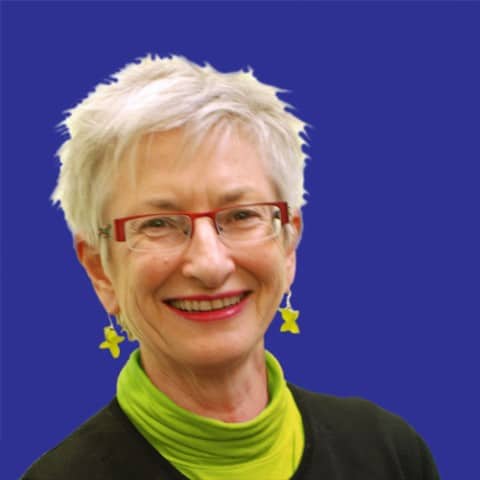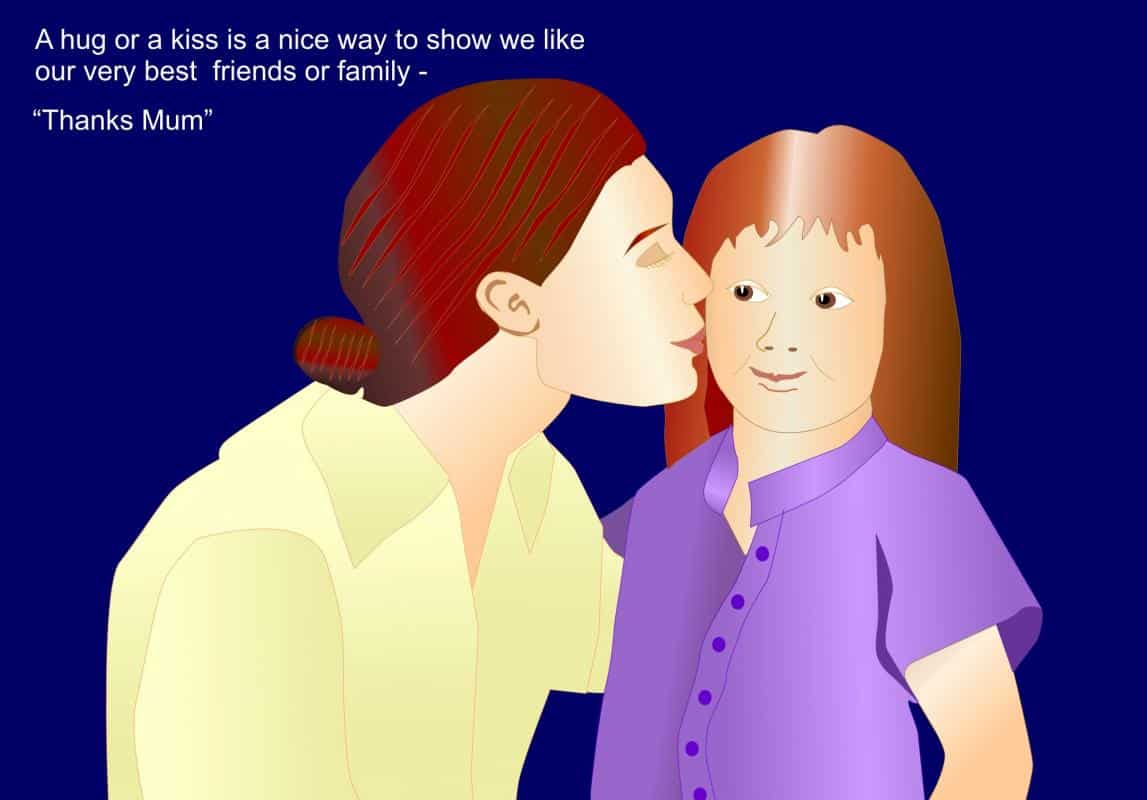
Annette Milligan
21 December 2017 – Talking and learning about sex can be a difficult subject for people on the autism spectrum but it need not be, writes Annette Milligan.
PEOPLE OF ALL abilities – and those who have some limitations whether they be physical, learning or other difficulties – all have a right to sexuality information and loving, safe relationships.
So let’s start with the basics – knowledge.
Think for a moment about where you got most of your sexual health information. Was it your parents? Was it your teacher? Or were you like the vast majority of us and found out mostly from our friends.
Children teach each other about sex and sexuality, even if you don’t. They hear things and whisper it among themselves. Sometimes that information is accurate, and sometimes not.
But what about the person who has a disability or learning difficulty? How do they learn if their peer group doesn’t have this information, or their friends can’t speak very well, if at all?
Often children with learning and developmental difficulties simply don’t learn about sex and sexuality at all unless someone has the resources and takes the time to be very specific about making sure that they have basic knowledge.

And it’s important because everyone has the right to have an intimate loving relationship which is consensual and safe at the appropriate time in their lives.
Some people have no interest in sex their whole lives – and that’s just fine. But others are really interested in sex, and often, they find another special person in their lives they want to share that sexual relationship with.
This is often a really difficult subject for parents and teachers.
The parents of children with any developmental difficulty has to be more involved in every part of that child’s life. Not many parents are like me, and have worked in sexual health for years. That is exactly why we have developed the resources to help parents, teachers, carers and therapists teach about intimate care and sexual health.
My background is in nursing and teaching. I have been a sexual health nurse and educator for nearly 30 years.
In 2000, I joined forces with others who had expertise in technology and developed resources on DVD.
The one which is especially designed for people with autism and other learning difficulties is the one called “Me” – because it’s all about me.

Teaching about sexuality can be difficult – at Health Click we understand that. The scripts were hard to write, and many people throughout New Zealand helped us to get the words and the topics right, so parents and carers don’t have to make up social stories – they’re already done for you.
So go on, take a breath. It isn’t easy, but your child needs to you to teach them. You can do it! Just reach out for good resources that help you on the way.
Annette Milligan is a trained secondary teacher and registered nurse who has been working in sexual and reproductive health and education for nearly 30 years. She is the managing director of Health Click Ltd, which produces resources to teach young people about sexual health.
This article first appeared in the Altogether Autism Journal Issue 1, 2018.


